
Introduction
Great customer service is the key to customer satisfaction for online business success. With over 90% of consumers responding that they’re influenced by the reviews they see online before spending money, in essence, it’s an element of modern business that you simply may overlook. “The customer’s perception is your reality”, and we at Sendinblue aim to provide great customer service and online business success. Quality technical support may just be the answer.
“If you are in a competitive industry, great online reviews are not just nice to have, they are a requirement”
– Tom Kenemore
As you can infer, you can’t underestimate the importance of customer satisfaction. It’s the most effective way to secure faithful customers who’ll eventually turn into brand promoters. Here at Sendinblue we treat customer satisfaction as an essential business factor and therefore work on improving it.
What is Tech support?
Tech support teams are responsible for handling application errors, user issues, and any other technical problem that prevents the customer from using your product. In other words, tech support focuses on helping customers to use a product more effectively.
A study from The CMO Council found that providing better technical advice and assistance to customers is the best way companies can improve the product ownership experience for users.
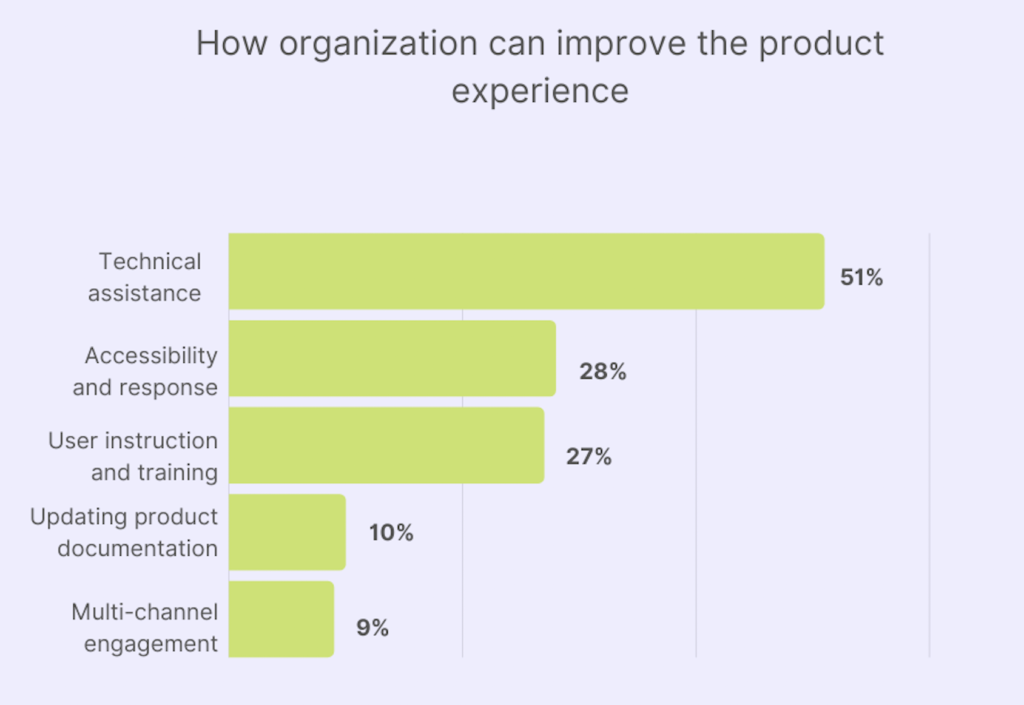
How are we able to achieve the best value from experiences by the support team?
Your customers can provide you with valuable insights into what’s working in your product and what isn’t. By analysing the various tech support queries that come in, you can discover how you can improve your product, the quality of tech support you provide and the key challenges faced by your customers. In addition, form a complete feedback loop between user and product.
Our amazing team of 10+ technical support members handles all major modules with at most adherence to business-level customer satisfaction metrics.
We analyze all service request escalation queues and categorize tasks into various components such as Bugs, Improvements, Documentation requests, etc. Generally a technical support member at Sendinblue wears multiple hats and acts as a customer liaison interacting with multiple teams.
Our entire team is divided into multiple groups with each member dedicatedly handling all the micro-services that are owned by the group with an in-depth understanding of all the software service as well as the infrastructure components. Our team continuously analyses incident reports and monitors application exceptions, which consequently helps us identify issues prior to escalation to ensure proper application services operation.
Few metrics we follow to drive the best customer experience:
1. Service Request escalations should show a declining trend
We aim to achieve a continuous decline in requests being raised by our customers by analyzing the service tickets and categorizing them into further smaller modules. We analyze all data generated on our request queues for all modules in Jira to categorize them in recurring cases, product enhancements, help article improvements, etc. thereby taking the ownership to discuss them with the Product team and eventually getting them implemented by our engineering team.
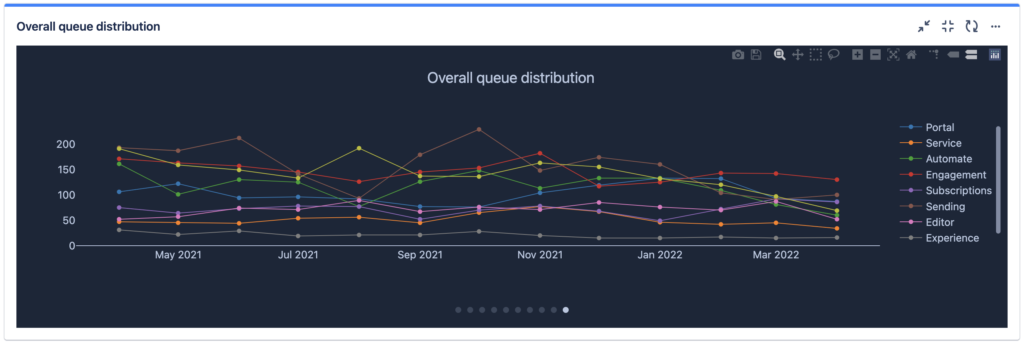
2. Strict internal SLA adherence
We have defined internal service request resolution targets which are closely mapped to service level agreements (SLAs) to provide consistent service quality across all of our service desk platforms. Additionally, we have also automated the process to notify every technical support agent working on the task when 80% of SLA on assigned tasks is utilized.
We continuously benchmark the SLA and revise them if the need arises eventually ensuring the best customer satisfaction and response time.
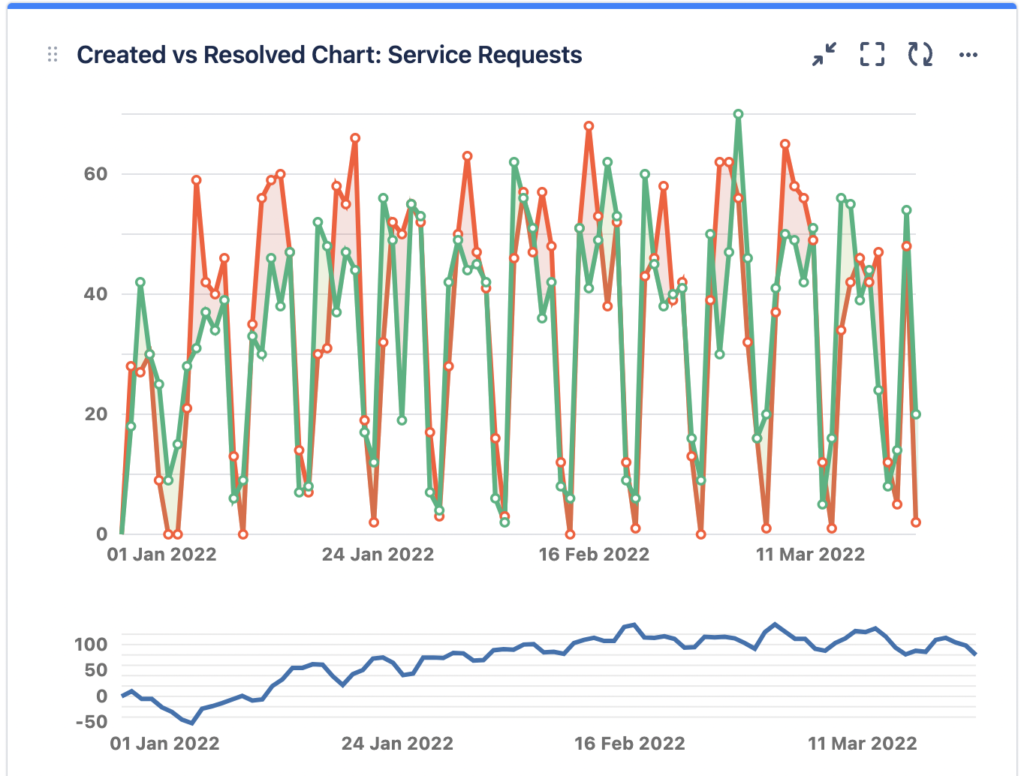
3. First contact resolution (Iterations)
Our aim is to provide first contact resolution to every customer thereby reducing customer interaction. To achieve this we calculate the 90th percentile (P90) of internal communication interactions on requests. If the request iterates more than the P90 value, we analyze the case and create an improvement plan.
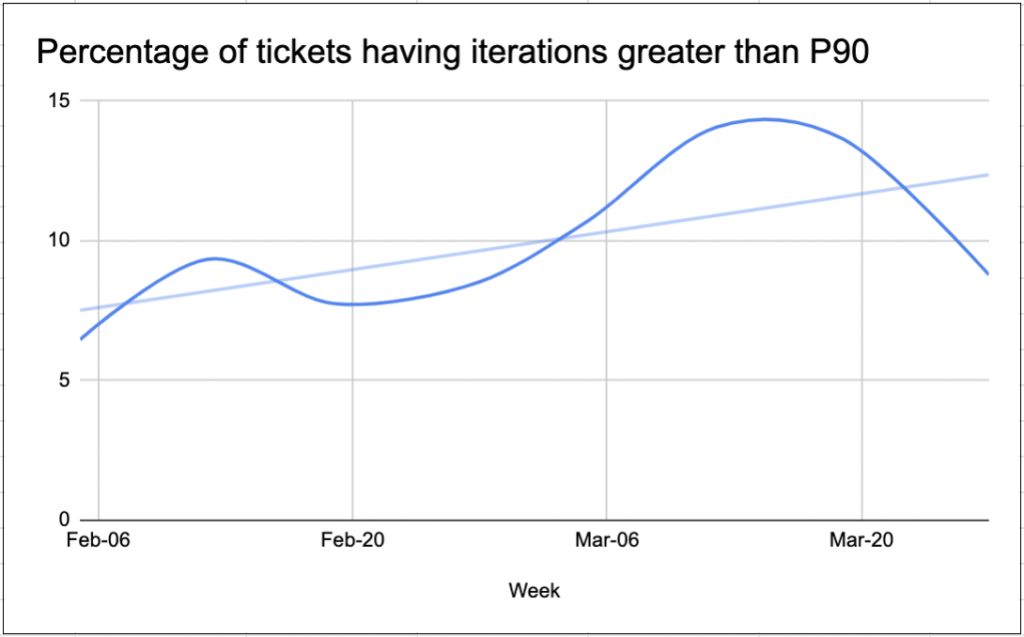
4. Quality of Response
We understand that response is the key towards creating quality relationships with customers and nurturing the future business depending upon the customer’s perception and senses determined from the response. To bring forth a feeling of strong positive empathy within the user’s mindset we always try to ensure the following qualities in our responses.
- Fast
- Approachable
- Informative
- Positive
- Comprehensive
- Confidence Builder
- Comfort Provider
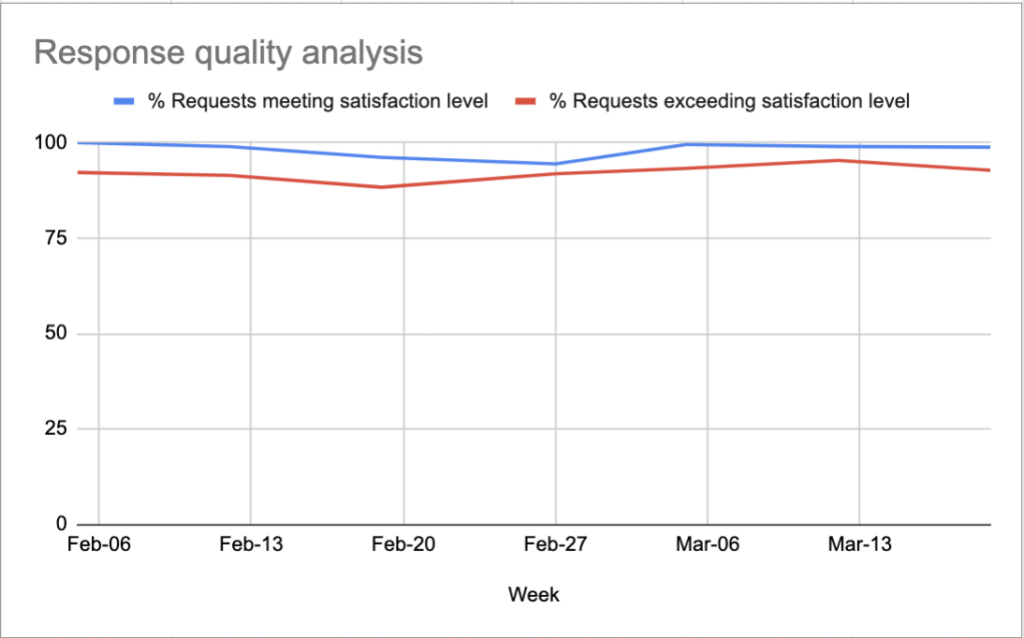
How do we automate our internal reports?
In order to provide the best possible customer experience, we need to track our internal customer metrics and identify areas for improvement.
To achieve this, we have automated all our internal reports. We’ve written custom scripts to pull data from Jira API and generate reports automatically. The reports eventually help the business team, upper management, and support managers understand what’s going on.
At the same time, we also track application performance data across all our services to discover any problems or faults with our services that could result in a poor customer experience.
Conclusion
In conclusion, customers know that software breaks. Having a timely, competent, and knowledgeable Technical Support organization in situ, when the ineluctable happens, helps build customer trust. We hope this will offer better insights into our ongoing efforts to provide better technical services to our customers.
